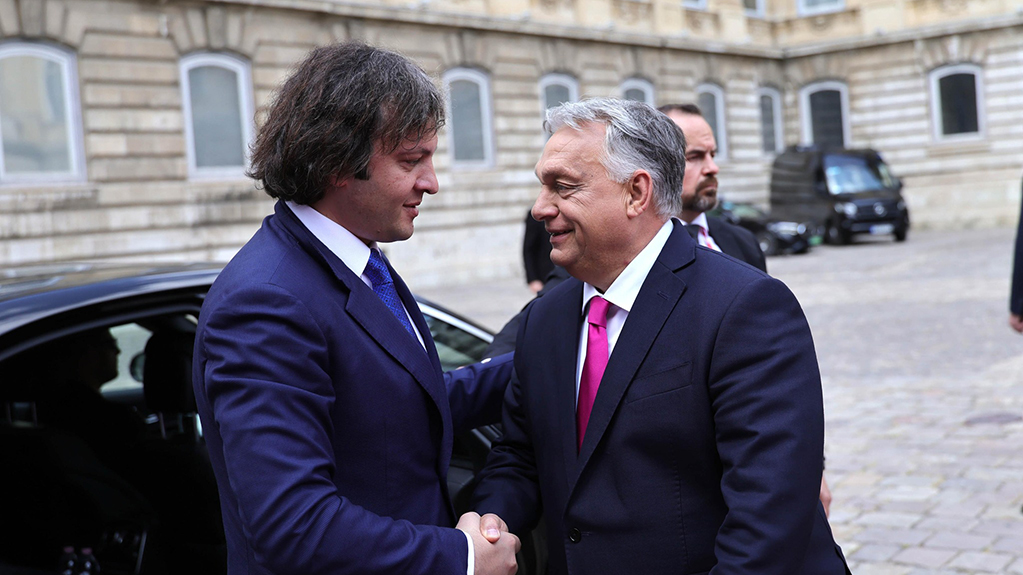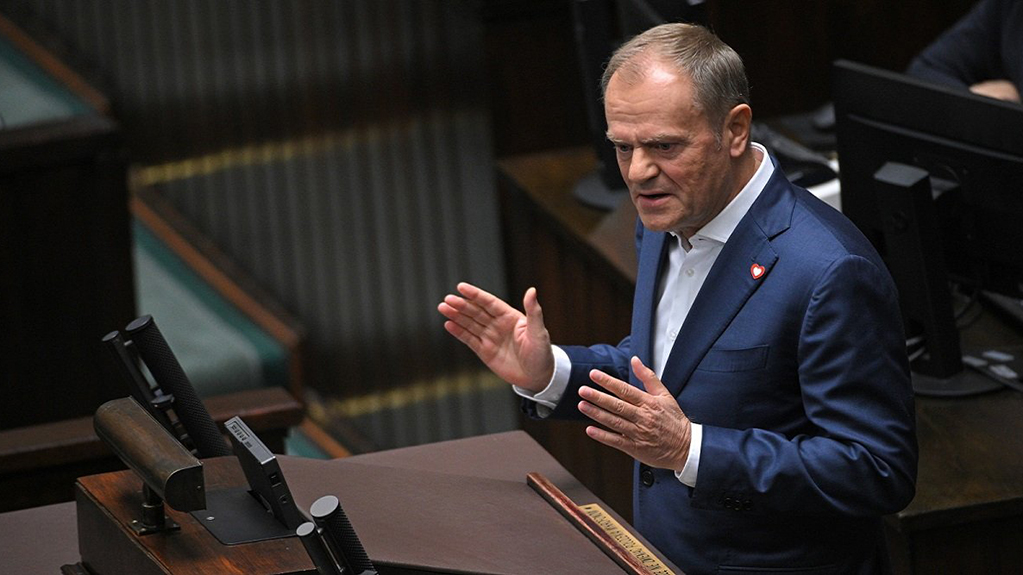Poland's Prime Minister Donald Tusk stated in parliament that his government is working with EU countries to support suspending visa-free travel for Georgian citizens.
News
“We are building the necessary majority to limit or suspend visa-free travel with Georgia, among others’, he said. ‘Yes, this is also my intention, in the full knowledge that a third of Georgians are people who would very much like to share our values, but we know what the problem is.
It is not just about Georgia – I apologize to Georgians who may feel offended – but in general, I am a strong advocate of restricting visa-free travel from countries which, as in the case of Georgia, no longer respect either the standards regarding authoritarian authorities or from which migration poses a direct threat to law and order in our country or in Europe”, Tusk said.
Georgian Dream Prime Minister Irakli Kobakhidze called the statement by the Polish head of government "a threat and blackmail against the Georgian people."
"In the Polish Parliament, we heard a real threat against the Georgian people, which will not positively reflect on the image of the European bureaucracy in Georgia. I hope that attitudes will change in the future. The Georgian people can't be threatened like this just because some don't like their choice. The Georgian people made their choice last year; they supported the country's development, peace in the country, and Georgia's European integration. Whether someone likes this choice or not, everyone must respect it, and threats against the Georgian people are absolutely out of place. I think this is blackmail calculated to develop processes in a different direction in the country; however, everyone truly sees that such blackmail, which has been going on for many years, does not affect the Georgian people. Therefore, I think that blackmail will remain blackmail, but either way, these threats are unfortunate," Kobakhidze stated.

EU Ambassador to Georgia, Paweł Herczyński, says that the majority of EU member states are against suspending visa-free travel for Georgia.
“We’ve shared with Georgians the opportunity for visa-free travel to Europe and a free trade zone. Three years ago, Georgia applied for EU candidate status, and in 2022 we officially granted it.
However, over the past year, relations between the EU and Georgia have not been progressing well. I have openly told Georgians that the situation is at its lowest point, and for several months now, an analysis has been underway – what should we, the EU, respond to the actions, decisions, and laws of the Georgian government that are distancing Georgia from the EU? And the question, of course, concerns whether this privileged relationship is still deserved.
Discussions are ongoing among member states regarding this, and one of the ideas is to suspend visa-free travel. This depends on the member states, and for this decision to be made, it requires the support of two-thirds. This discussion has been ongoing for several months. At this stage, this decision has not been made, and I can tell you that the majority of member states are against it.
For a very simple reason: we do not want ordinary people to pay the price for the decisions, actions, and legislation adopted by the Georgian government. Therefore, at this stage, we have decided to suspend visa-free travel only for holders of diplomatic and service passports," said Paweł Herczyński.
Georgian citizens have enjoyed visa-free travel to EU/Schengen member countries since March 2017. The European Union Council decides on the revocation of the visa-free regime by a qualified majority (55%), meaning the consent of 15 out of 27 member states is sufficient. These votes must also represent 65% of the EU's population.
The EU Council suspended visa-free travel for Georgian diplomats and officials on January 27, 2025. According to the Council's statement, this decision is a response to the democratic backsliding and repression in Georgia, as well as the adoption of Foreign Agents and so-called LGBT Propaganda laws. These actions, the Council states, undermine the fundamental rights of the Georgian people, including freedom of association and expression, the right to privacy, the right to participate in public affairs, and increase stigmatization and discrimination.















